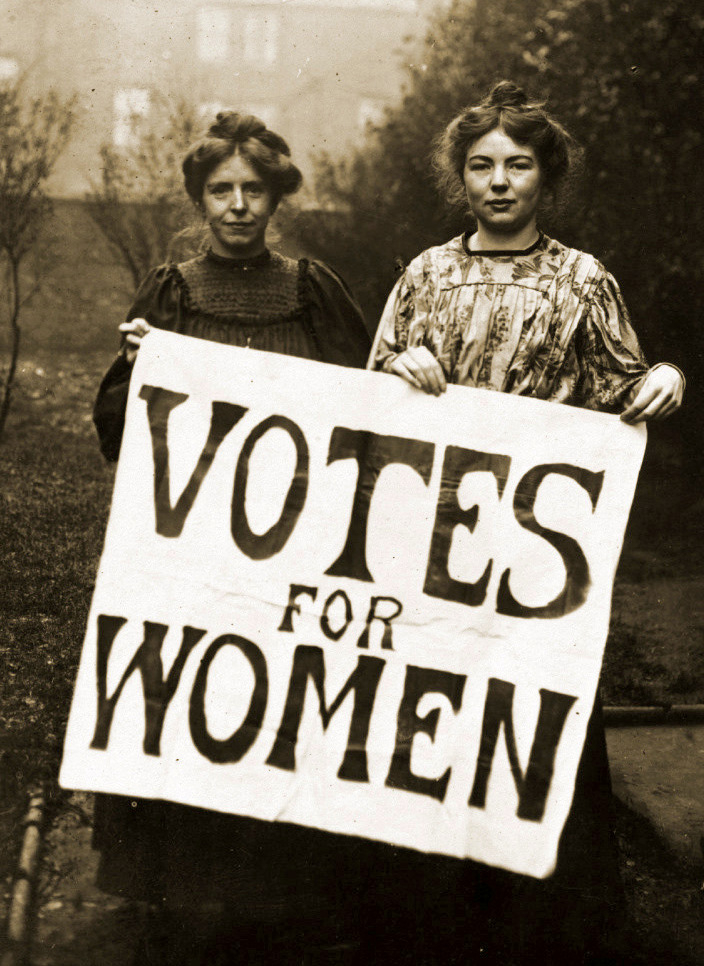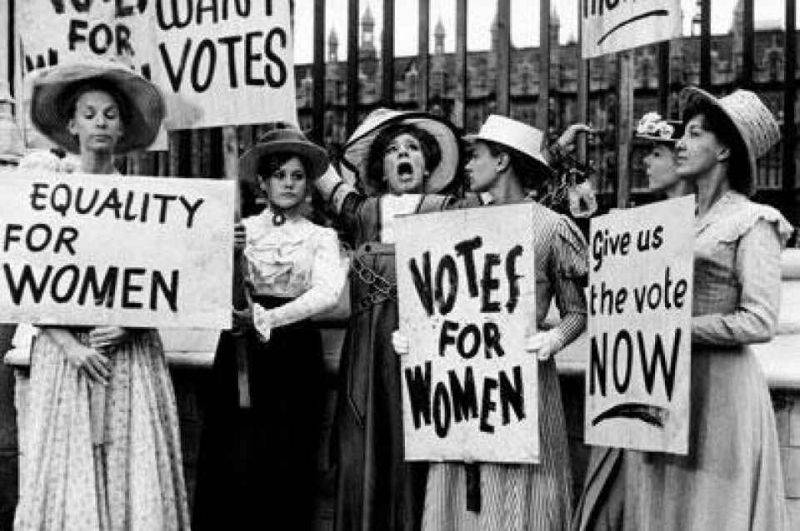The Suffragette
The suffragette was a member of a women's activist organization in the early twentieth century that fought for the right to vote in public elections in the United Kingdom under the banner "Votes for Women." The term specifically refers to members of the British Women's Social and Political Union (WSPU), a women-only movement founded in 1903 by Emmeline Pankhurst that engaged in direct action and civil disobedience.
Pankhurst decided that women had to do the work themselves, and the WSPU's motto became deeds, not words. The suffragettes heckled politicians, attempted to storm parliament, were attacked and sexually assaulted by the police, chained themselves to railings, smashed windows, carried out a nationwide bombing and arson campaign, and faced public anger and ridicule. When World War I broke out in 1914, the suffragette cause was put on hold.
Following the war, the Representation of the People Act 1918 granted the right to vote to women over the age of 30 who met certain property requirements. Women obtained electoral equality with men ten years later, when the Representation of the People (Equal Franchise) Act 1928 granted all women the right to vote at the age of 21.
Date: 1903 -1914
Location: the United Kingdom
Purpose: Votes for women












